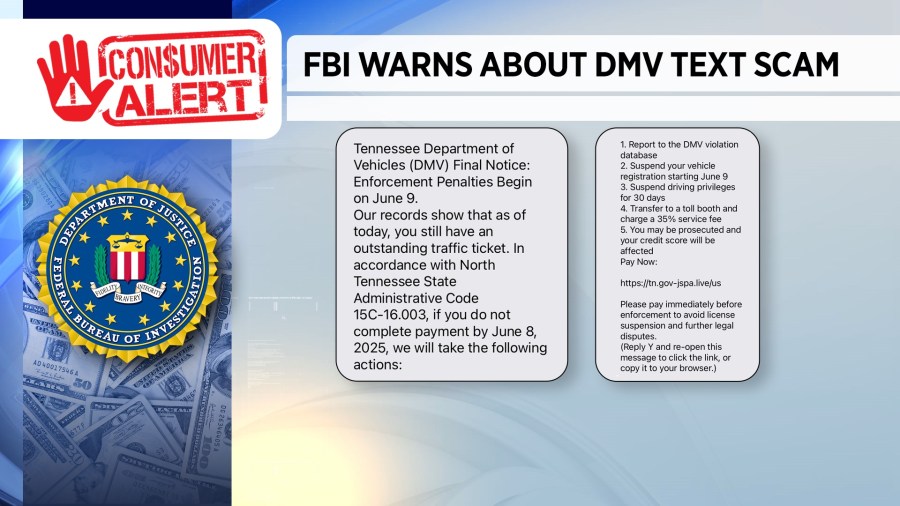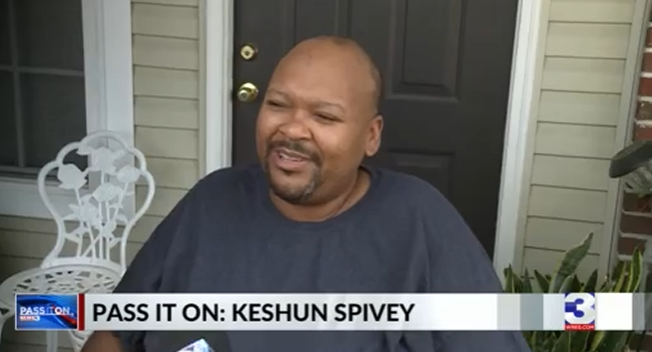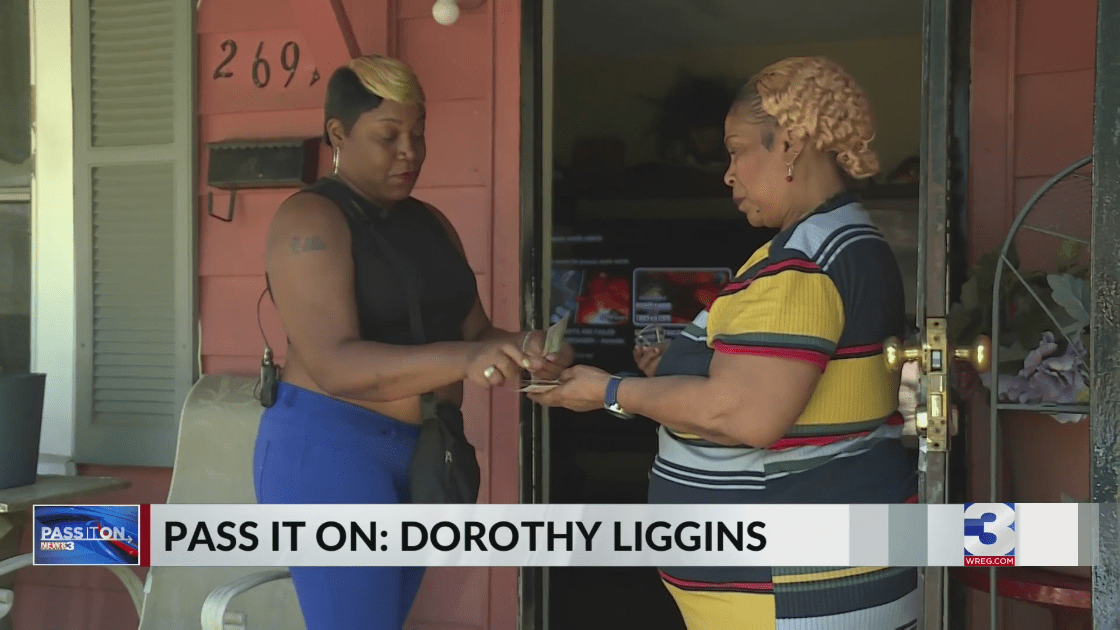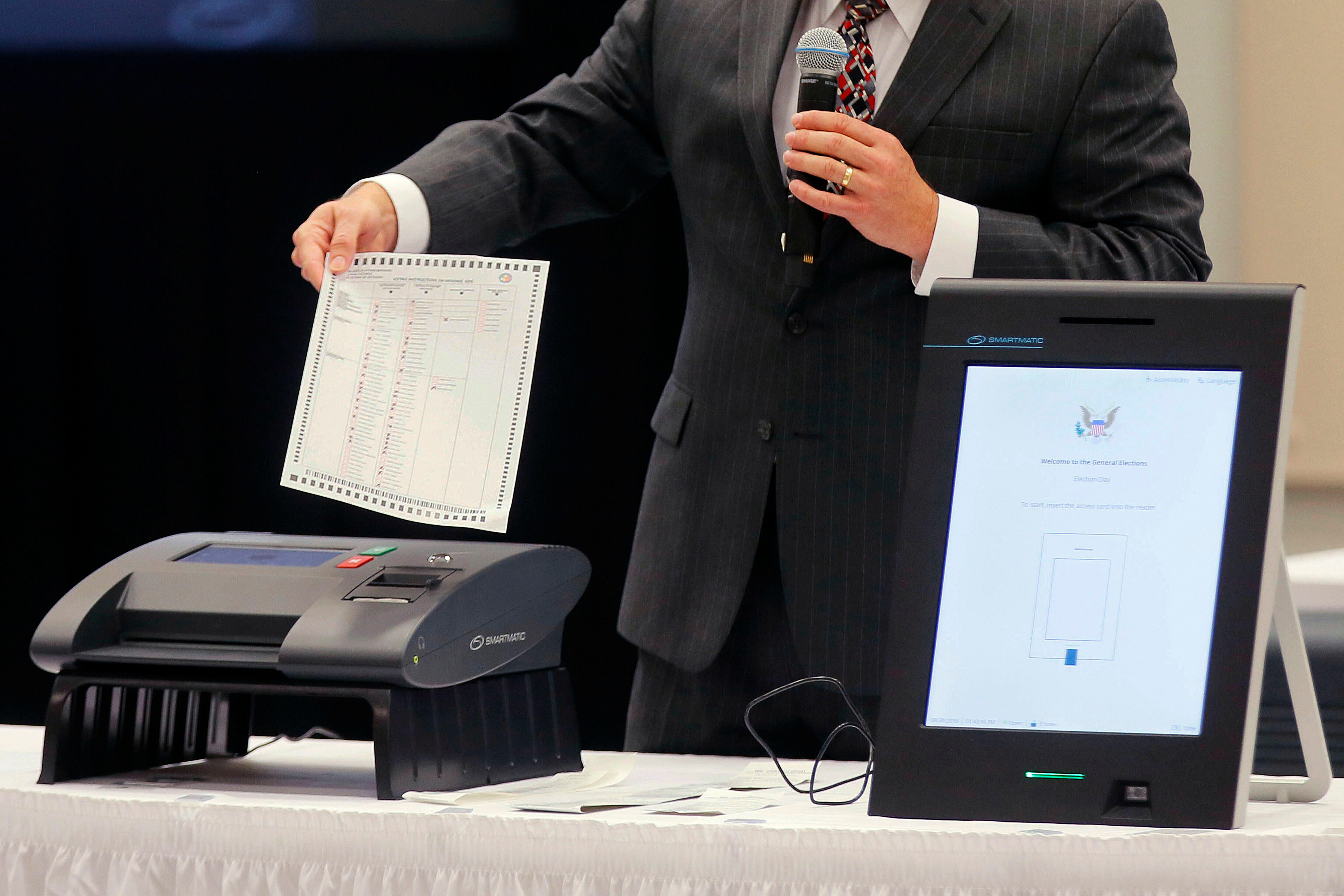MEMPHIS, Tenn. — It’s the latest text scam making the rounds! Many of you may have received texts where the sender, who claims to be from the DMV, shares an urgent message about a supposed unpaid ticket and even threatens prosecution.
As WREG has reported, it’s all a scam, and we’ve now learned the FBI is investigating.
One of the WREG Investigators received the text message. It starts with “Tennessee Department of Vehicles Final Notice.” The text then goes on to mention an outstanding traffic ticket that must be paid by June 8. The scammers then threaten to report the violation, suspend driving privileges, and even prosecute.

WREG heard from several real law enforcement agencies recently, like the Tennessee Department of Safety and Homeland Security, the Tennessee Highway Patrol, as well as police departments in Collierville, Dyersburg, and Arkansas, saying scammers were using their names to try to scare consumers and steal their money.
The News Channel 3 Investigators spoke with FBI Supervisory Special Agent David Palmer about the scam.

Palmer supervises a unit that handles white-collar crimes in West Tennessee. He says the DMV text scam is actually a copycat of the toll scam we’ve already warned about.
Palmer explained, “In Tennessee, it didn’t really make sense because there are no toll roads here. But that lasted for about a year, and I think at some point, most of the criminal organizations that are behind this realized that people are realizing in Tennessee, it’s not going to work. So, now we’ve pivoted to the DMV scam.”
According to Special Agent Palmer, the phony messages are scams operated by organized criminal groups overseas who use technology and AI to send out mass messages, thousands per hour, hoping to catch just a few people who will respond.
“It costs next to nothing for them to use these algorithms to send these messages and calls out, but in return, they can achieve getting your personal information, putting malware on your phone, which then can go in and steal information from your device, or collect your payment information,” said Palmer.
Which is why Palmer says the scam only works if people engage with the crooks, and therefore, you should never click on any links in the text messages.
“If you don’t know who it’s from, don’t click the link,” added Agent Palmer.
Ways to Tell the Text is a Scam
- Inconsistencies, grammar mistakes
- Keep in mind, real government agencies won’t send texts like this
- Logos and names mimicking government agencies, but with a slight difference
The text message sent to one of our WREG Investigators supposedly came from the Tennessee Department of Vehicles, which isn’t the actual title of a legitimate state agency, so that’s a red flag that the text is a scam.
Agent Palmer also received one of the DMV scam texts and immediately spotted wording indicating the message came from crooks.
“A couple of things that I noticed immediately, on it, is the text message I received said it was from the North Tennessee Department of Motor Vehicles. So you know, obviously, there is no north or south Tennessee, a red flag immediately and also looking at the sender, the message I received was from email address @catlover.com, obviously that is not a government address,” said Palmer.
For consumers who are unsure, Palmer advises finding contact information for the supposed agency in question and calling them directly. He confirmed the FBI is investigating the scam.
“We take all these very seriously, and we encourage anyone who has received these messages and especially anyone who has clicked the link or sent money to immediately go to the FBI’s Internet Crime Complaint Center at ic3.gov.”























